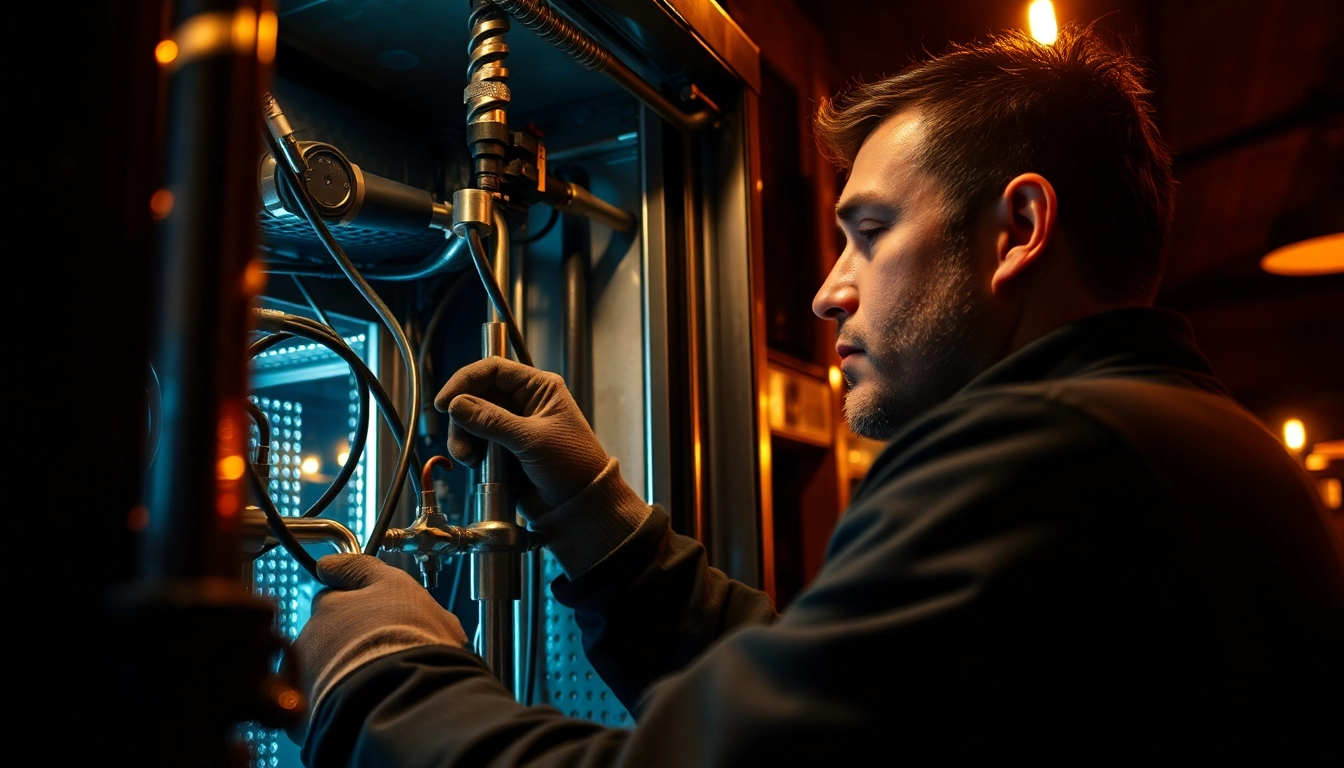Understanding Bar Refrigeration Systems
Types of Bar Refrigeration Units
Bar refrigeration systems are essential for maintaining the freshness and quality of beverages in any bar or restaurant setting. There are several types of refrigeration units used in bars, including under-counter coolers, back bar coolers, upright refrigerators, and wine chillers. Each type has its unique features and applications suitable for different operational needs.
- Under-Counter Coolers: Designed to fit under bar counters, these units provide easy access to chilled drinks while maximizing space efficiency.
- Back Bar Coolers: These are larger units that allow for a high volume of drinks to be stored and displayed. They often feature sliding glass doors for visibility and convenience.
- Upright Refrigerators: Commonly used for larger bottles or a variety of drinks, upright refrigerators offer adjustable shelving and doors.
- Wine Chillers: Specialized units designed to store bottles of wine at optimal temperatures, providing a dedicated storage environment.
Common Issues with Bar Refrigeration Equipment
Bar refrigeration equipment, if not properly maintained, can develop several issues that can disrupt service and affect the quality of beverages. Some of the common problems include:
- Temperature Fluctuations: Inconsistent temperatures can spoil drinks. This often results from faulty thermostats or compressor problems.
- Cooling Failures: A complete breakdown of cooling can occur due to issues with the compressor or coolant leaks.
- Unusual Noises: Strange sounds often signal internal component issues, such as worn-out fans or motors.
- Frost Build-up: Excessive frost can block airflow and lead to even greater cooling problems.
Importance of Regular Maintenance
Regular maintenance of bar refrigeration systems is crucial to ensure optimal performance and longevity. Scheduled maintenance can help identify potential issues before they escalate into costly repairs. Key maintenance practices include cleaning condenser coils, checking door seals, and verifying temperature settings.
Signs That Your Bar Refrigerator Needs Repair
Unusual Noises and Vibrations
Be attentive to any unusual sounds from your refrigeration unit. Noise such as grinding, hissing, or clunking can indicate that a component is malfunctioning. Vibrations can also signal improper installation or that parts are loose, which can affect performance.
Temperature Fluctuations and Inconsistencies
Monitoring the temperature of your bar refrigerator is critical. If you notice temperatures not holding steady, it may be time to inspect the thermostat or refrigerant levels to prevent spoiling of goods.
Leaks or Moisture Buildup
Any visible signs of water pooling underneath or inside the refrigerator can indicate a leak or problem within the unit. These issues can lead to significant water damage if not addressed promptly.
DIY Tips for Basic Bar Refrigerator Care
Regular Cleaning and Maintenance Practices
Implementing a routine cleaning schedule can significantly impact the efficiency of your refrigeration units. Regularly wipe down surfaces, clear dust from the coils, and clean drain pans to prevent build-up and ensure efficient operation.
When to Call a Professional for Repairs
If you encounter persistent issues despite regular maintenance, it may be wise to seek professional help. Signs that you need a technician include ongoing temperature issues, continuous noises, and persistent leaks. An expert can identify and rectify complex problems that are not visible to the untrained eye.
Preventive Measures to Avoid Future Issues
Establishing preventive measures is key to avoiding future breakdowns. Ensuring that the ventilation of the unit is not obstructed, checking door seals regularly, and managing product loading can promote efficiency and prolong the life of your bar refrigeration system.
Choosing the Right Repair Service for Bar Refrigeration
Factors to Consider When Selecting a Service
When choosing a repair service, consider factors such as proximity, reputation, and specialization. Look for companies with a history of excellent customer service and expertise in commercial refrigeration systems.
Questions to Ask Your Repair Technician
Before hiring a technician, there are several key questions to ask to assess their expertise and capability:
- What is your experience with bar refrigeration units?
- Do you provide warranties for your repair work?
- Can you provide references from previous clients?
Cost Breakdown for Bar Refrigeration Repair Services
The costs associated with bar refrigeration repair can vary widely depending on the problem and the type of unit. Typically, you can anticipate the following cost areas:
- Diagnostic Fees: Many companies charge a fee to diagnose the issue, which can range from $50 to $100.
- Labor Costs: Labor rates can vary but often range between $75 to $150 per hour depending on the technician’s experience.
- Parts Replacement: The cost of parts like compressors, thermostats, or fan motors can vary significantly based on the unit and needed components.
Maximizing the Efficiency of Your Bar’s Refrigeration
Energy-saving Tips for Bar Refrigeration Systems
To enhance the efficiency of your bar refrigeration systems, consider implementing energy-saving practices. Here are some tips:
- Keep refrigeration units away from heat sources like ovens or direct sunlight.
- Set your refrigeration units to the recommended temperature to avoid overworking them.
- Invest in energy-efficient models that have higher energy ratings.
Upgrades and Innovations in Refrigeration Technology
Staying updated with refrigeration technology can strongly affect efficiency. Innovations such as smart refrigerators with IoT capabilities allow for better monitoring and management of refrigeration conditions.
Creating a Routine Maintenance Schedule
Establishing a routine maintenance schedule not only helps in prolonging the lifespan of your equipment but also guarantees consistent service to your patrons. Regular checks, cleaning, and servicing can lead to fewer unexpected breakdowns, ensuring you’re always ready for business.



